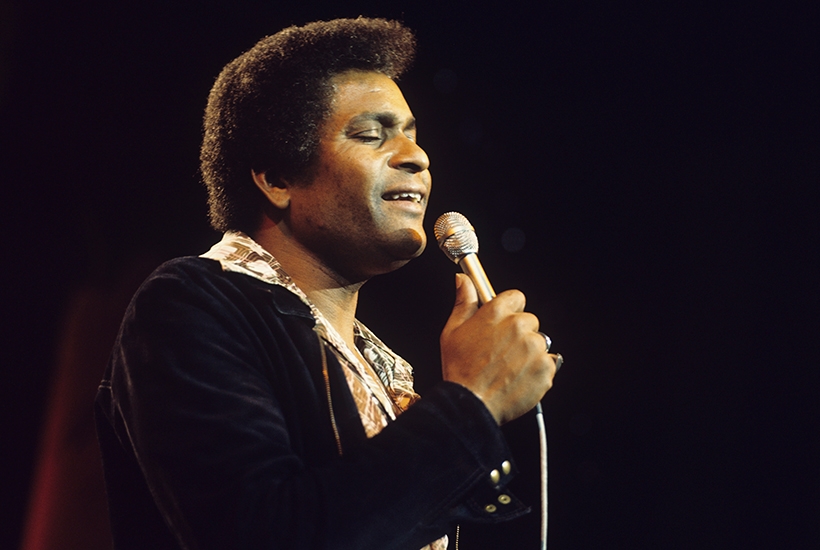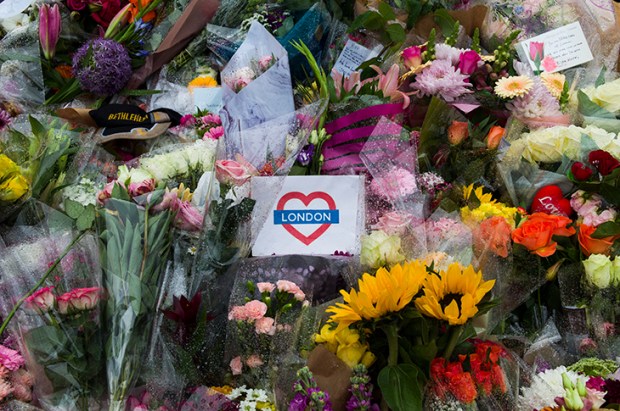Words we are not allowed to use any more now include ‘cultural Marxism’. Suella Braverman, now the Attorney General, used them last year and was immediately upbraided by the organisation Hope Not Hate. Very right-wing people sometimes use it too, you see, so it must never be uttered by anyone else. Banning the use of the phrase ‘cultural Marxism’ is about as culturally Marxist as it is possible to get, but I don’t suppose the cultural Marxists at Hope Not Hate appreciated the irony.
Cultural Marxism is a largely 1960s excrescence in which everything must be seen through the prism of unequal power relations, other than which nothing else matters at all. Especially power relations regarding race and gender, the basis of identity politics. As such, then, cultural Marxism is a dominant paradigm in university courses across the country which deal with what we once knew as history (but now might be better named ‘resentment studies’), geography, sociology and all those non-academic subjects of no use to man nor beast, such as gender studies or urban studies.
Of course, unequal power relations between black and white, male and female, gay and straight are interesting issues, worthy of discussion and debate. But with the cultural Marxist there is no debate or discussion: it is a bovine implacability and authoritarianism which defines the approach. And so if a university professor suggests that while western colonialism was undoubtedly a morally flawed venture, not absolutely everything that came out of it was bad, he will be eviscerated by the cultural Marxists, despite the fact that his statement is incontestable — even if that comparative ‘good’ is only a useful railway bridge, a schoolhouse or, er, democracy. Cultural Marxism is one-dimensional, tautologous, absolutist and intellectually stunted. And yet it has great purchase, even away from our campuses.
I listened to a programme on BBC Radio 4 last week — a rare occurrence, for sure, given that the station has become a conduit for incessant whining, acquired victimhood and existential misery. It was a documentary called Not Enough Pride for Charley Pride and concerned the black middle-of-the-road US country singer named in the title. It was the perfect example of how the monomaniacal paradigm of cultural Marxism is now au courant pretty much everywhere.
I listened to this programme because I like country music, and quite enjoy Charley Pride, not least for his fine voice. But this programme was concerned with one thing and one thing alone — the fact that Charley was black in a predominantly white oeuvre. Nothing else mattered. Not his singing, his guitar-playing, his music (!), his very existence and character and essence — nothing mattered in this documentary beyond the colour of the man’s skin.
Had I listened to the trailers or read the blurb on the BBC’s website I would have known what to expect. There was the implication, first of all, that we didn’t know about Charley because he was black. Well, sorry, I knew about him. Further, last July BBC Four ran a documentary about the bloke called Charley Pride — I’m Just Me, which covered identical ground. So, two documentaries in seven months. I don’t remember a single doc in the past ten years on the BBC about, say, Don Gibson, Marty Robbins, Chet Atkins or Kitty Wells, all of whom were white contemporaries of Charley and in musical terms arguably more important. This is the first point to make about cultural Marxism — its proponents will softly lie to you, to suit their agenda. Charley Pride — a man ignored because of his skin colour. No, and no again. He was inducted into the Grand Ole Opry by the time cultural Marxism had taken hold and started rewriting history.
But the real issue is with cultural Marxism’s blindness, its funnel-thinking, its reductiveness, its impoverishment. There’s no doubt in my mind that Charley Pride’s blackness is of importance, especially as he was touring the USA at a time when Jim Crow had a certain hegemony: segregated towns and cities and schools, racial hatred, inequality. Country music was largely created by the poor white trash of the southern states and fans sometimes turned up to hear Charley Pride sing not knowing he was black, although it seems they quickly got over their shock. All of that is well worth remembering and should be part of any documentary about the chap.
But it is a long way short of the totality, surely. To be defined not by the quality of your music or your voice, but solely by the fact that he was un-white. It does such a disservice to a talented man who, in his interviews, seemed far more interested in talking about baseball — his first and real love — than in the obsessive questioning of his racial origin. And yet it seems to me that Charley Pride’s skin colour was a big part of the reason Radio 4 decided to make a documentary about the man, and perhaps a big part of the reason BBC Four did the same thing.
Jean-Paul Sartre, a Marxist himself, had it right: we are not like rocks. Our existence precedes our essence and however much we are influenced by the circumstances of our origins, we can nonetheless escape them. For the cultural Marxist, though, this escape is not possible. We are forever imprisoned by either victimhood or privilege and neither of these two things are in any way alterable, they simply are. Such a moronic way in which to view humankind.
Got something to add? Join the discussion and comment below.
Get 10 issues for just $10
Subscribe to The Spectator Australia today for the next 10 magazine issues, plus full online access, for just $10.
spectator.co.uk/rodliddle - The argument continues online.
You might disagree with half of it, but you’ll enjoy reading all of it. Try your first month for free, then just $2 a week for the remainder of your first year.















Comments
Don't miss out
Join the conversation with other Spectator Australia readers. Subscribe to leave a comment.
SUBSCRIBEAlready a subscriber? Log in